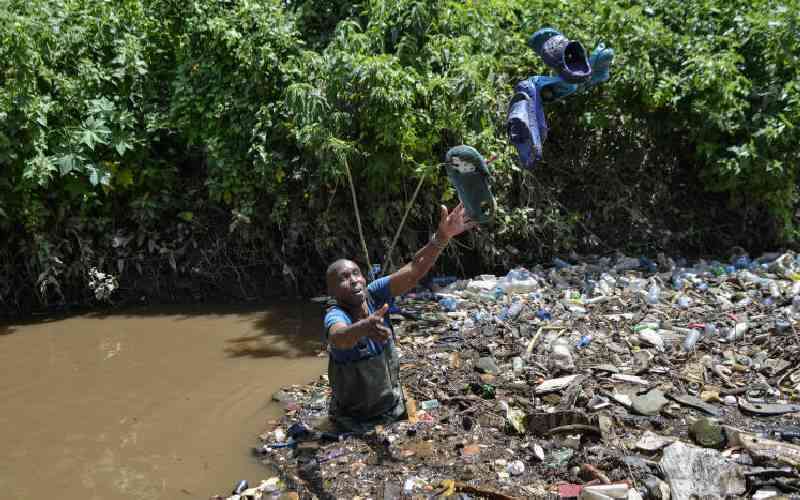
Travelling is a wonderful experience until a bad encounter changes everything.
No matter how many weeks you have spent planning, nothing can prepare you for what can happen away from the safety of your home and neighbourhood.
For the scammers out there looking to make a quick buck without breaking their backs working like the rest of us, tourists become their prime target as soon as they set foot in the airport.
With all that goes on once you arrive, you rarely realise that you have been overcharged by your airline or that one of your bags cannot be found.
The kids are hungry, throwing tantrums and you can't understand what your Uber driver is saying as you navigate a new world full of anticipation and expectation.
Those dreams of a great holiday can quickly turn into a nightmare. But if you know what to look out for when travelling, here are some things to watch out for and how to avoid falling into the deadly traps of scammers:
Overcharged faresBeing in a new country, you probably have no idea how much transport costs. Whether you're in a taxi, bus or train, be prepared for overcharging.
You can avoid this by getting a local to travel with you, familiarising yourself with the local culture and way of life, or downloading taxi apps that you can use.
- Sitting for hours linked to early death - exercise incapable of reversing effects
- A knock on the door saved my life: Woman narrates her fears after HIV diagnosis
- Groups call for mental health advocacy among children
- Adolescents living with HIV asked to take treatment
Keep Reading
In most countries, you will be faced with inflated prices because you don't look or sound like a local. This is very common in shops on the street, in markets and public places.
If you need to buy essentials, go to supermarkets in well-established areas such as shopping centres, or ask a trusted local in your hotel for a small tip.
Learn some local phrases and try to act like the locals. This will help if they try something funny and you can move on to a more trustworthy shop assistant.
No changePublic transport is full of scams. It is not uncommon to hear the conductor claim that he has no change and will have to look for smaller denominations, only to disappear with your money when you reach your destination.
For this reason, never travel with large notes or, worse still, foreign currency, especially dollars. Carry the local currency and always check it. Do not accept torn or worn notes.
PickpocketsBeware of fake tourists who get too friendly and try to talk to you and act nice. Once these fake tourists have engaged you in conversation, they will try to persuade you to meet them or do certain things together.
While you are distracted, one of them will reach into your pocket and take your wallet, then slyly walk away without being noticed.
Be aware of women, men and sometimes even children who try to get your attention by asking for food or money. Mind your own business, be aware of your surroundings and do not take your eyes off your belongings.
Souvenir scamsYou have never been anywhere without a souvenir. Do not be too eager to buy from the overly friendly local who has something to sell you. He's probably doing it for a commission and doesn't have your best interests at heart.
To avoid buying fake locally-made souvenirs, make it a habit to visit artisans, artists, jewellery makers, etc. at their place of work or at a certified market where locals sell handmade products.
 The Standard Group Plc is a multi-media organization with investments in media platforms spanning newspaper print
operations, television, radio broadcasting, digital and online services. The Standard Group is recognized as a
leading multi-media house in Kenya with a key influence in matters of national and international interest.
The Standard Group Plc is a multi-media organization with investments in media platforms spanning newspaper print
operations, television, radio broadcasting, digital and online services. The Standard Group is recognized as a
leading multi-media house in Kenya with a key influence in matters of national and international interest.









